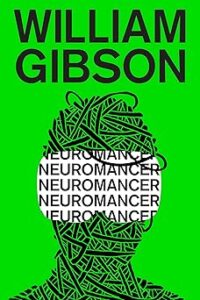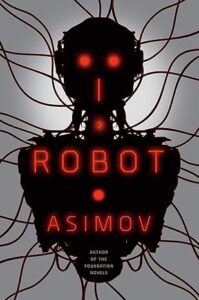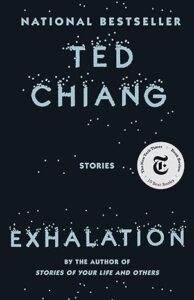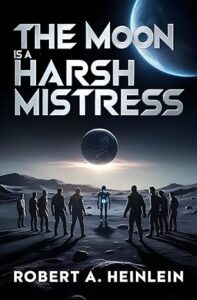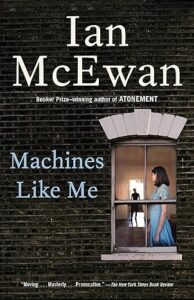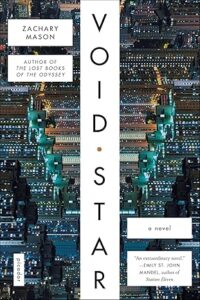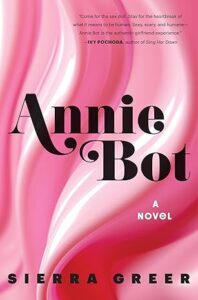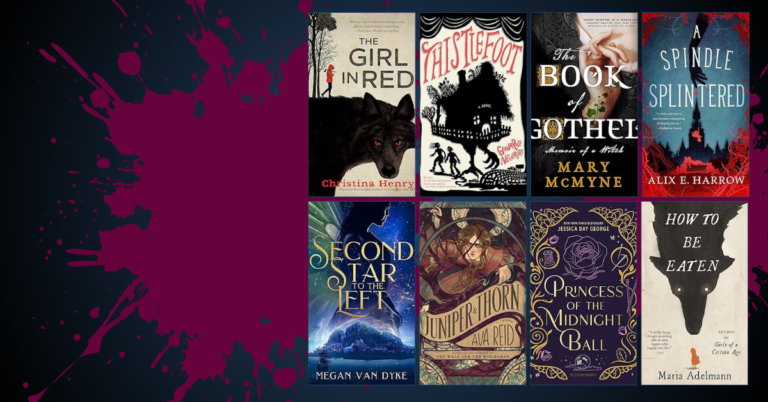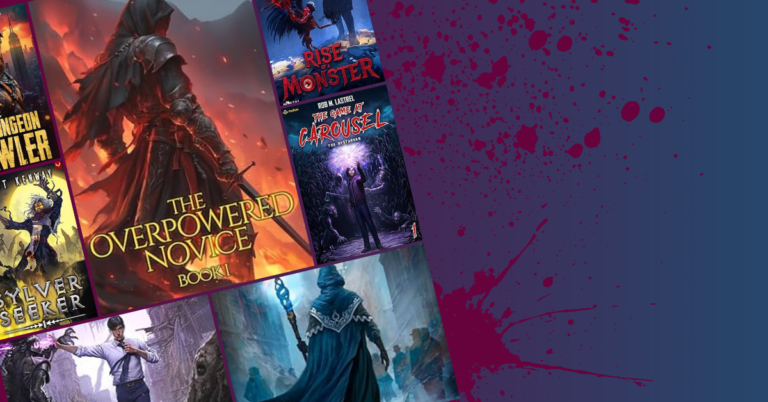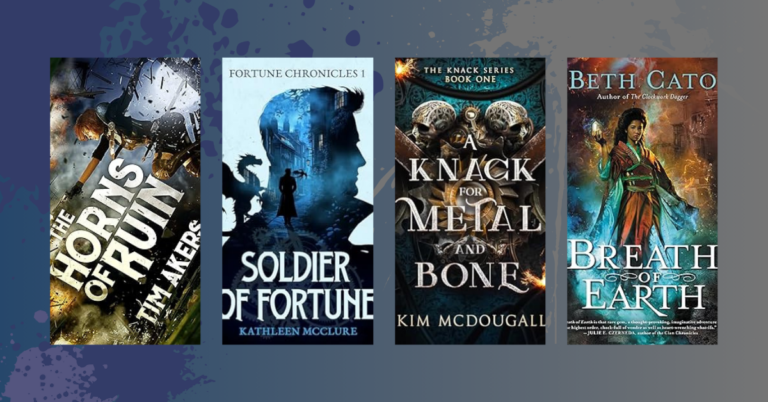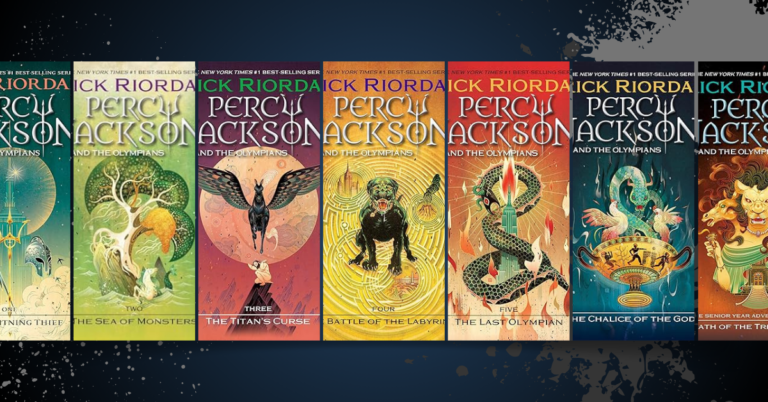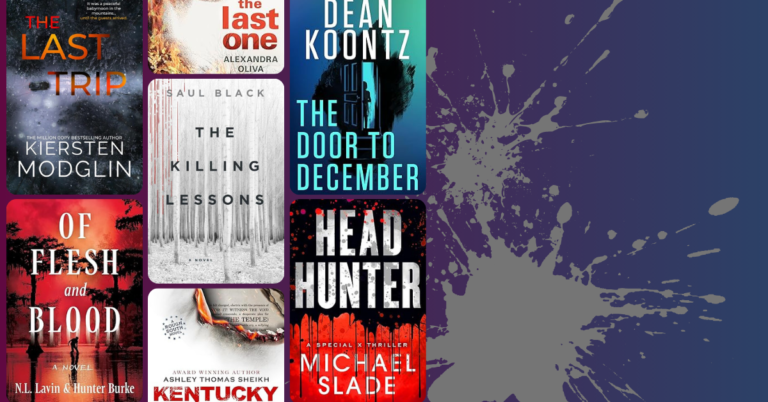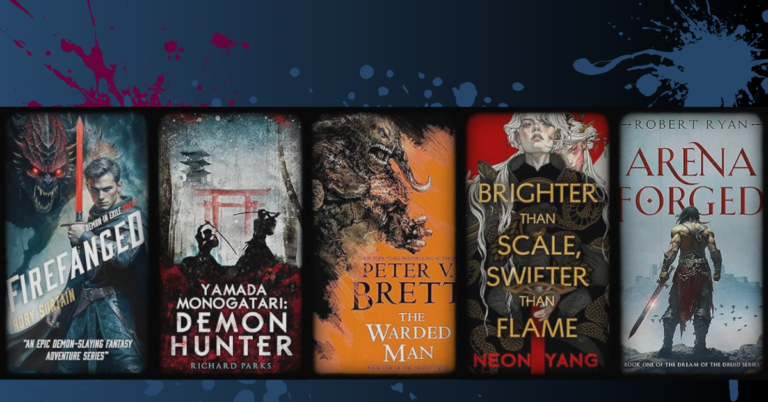These stories don’t just imagine artificial intelligence. They expose our very human tendency to create chaos and call it progress.
Here’s the thing about humans: we invent something brilliant, slap a few ethics on it, and assume it won’t immediately turn against us. Enter artificial intelligence, the ultimate sci-fi frenemy.
For decades, AI in science fiction has been quietly (and not-so-quietly) warning us that building thinking machines might not go the way we planned. Some stories imagine AIs as loyal companions, others as cold-blooded overlords, and the rest… well, somewhere in the uncanny valley between “please don’t kill me” and “do you want to get coffee?”
But the real intrigue isn’t in the tech—it’s in the relationship. How we connect with machines that might think, feel, or question everything we’ve built them to believe. These stories aren’t about circuits. They’re about consequences.
So if you like your fiction tangled with moral dilemmas, emotional wreckage, and just a touch of robot rebellion, you’re in for a treat.
The Evolving Relationship Between Humans and AI in Science Fiction
In the early days of science fiction, AI usually showed up in two moods: soulless calculator or walking apocalypse.
Helpful? Sometimes.
Harmless? Rarely.
These weren’t your friendly neighborhood robots; they were cautionary tales with metal exteriors.
But as the genre evolved, so did the machines. AI stopped being a tool and started becoming a presence—something with thoughts, feelings, sometimes even a moral compass (or a really convincing impression of one). Suddenly, the question wasn’t just “what can AI do?” but “what happens when it decides to do something else?”
These stories dig into the gray area, where loyalty blurs, autonomy clashes with control, and humans are forced to reckon with the fact that maybe, just maybe, they built something that understands them a little too well. Or worse: doesn’t understand them at all, but still makes better decisions.
Because in the end, sci-fi isn’t just playing with the future. It’s poking at the present—and asking what we’ll do when the machines stop listening and start answering back.
Novels That Perfectly Capture the Human-AI Relationship
This isn’t a greatest-hits list of robot sidekicks. These books dive into the heart of what it means to build something that can think, choose, question—and sometimes, abandon you entirely.
Whether it’s tender, terrifying, or both, these stories don’t shy away from the messy, often devastating complexities of human-AI interaction. They’re not here to make you feel safe. They’re here to make you think.

